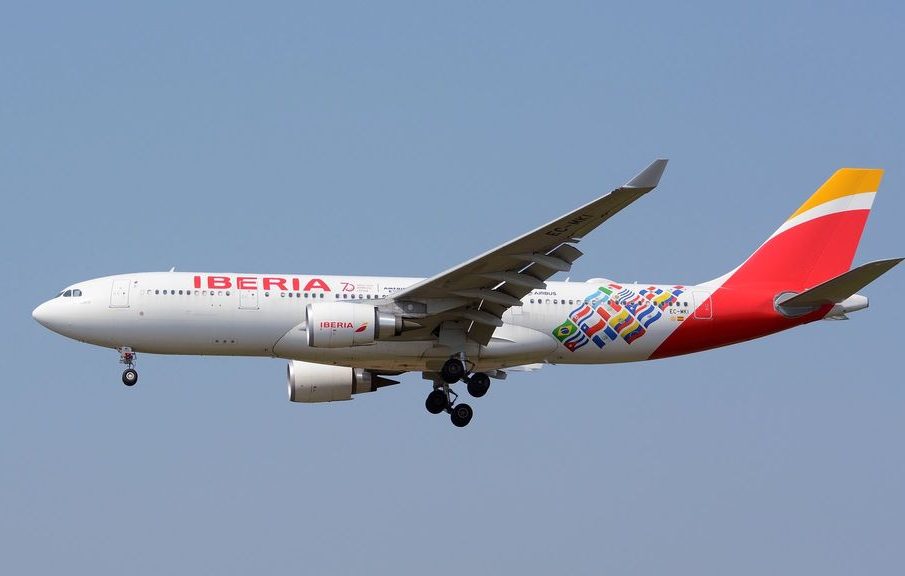Iberia Airlines: Current Developments and Industry Impact

Introduction
Iberia Airlines, Spain’s flagship carrier and one of the longest-standing airline brands in the world, has long played a crucial role in the air travel industry. Founded in 1927, it has transformed over the decades into a modern airline that not only connects Spain with the rest of the world but also accommodates millions of passengers annually. Given the recent challenges and shifts within the aviation sector, particularly due to the COVID-19 pandemic and rising fuel costs, understanding Iberia’s current developments is vital for passengers, stakeholders, and industry analysts alike.
Recent Developments
In recent months, Iberia has been implementing several strategic measures aimed at boosting its operations post-pandemic. As of September 2023, Iberia announced a significant increase in its flight capacity for the upcoming winter season. According to the company, Iberia is set to operate a total of 1,200 flights per week, which is approximately 13% more than in the same period last year. This growth is attributed to the strong recovery in air travel demand, especially on international routes.
Furthermore, Iberia has recently introduced new routes to various destinations, including Santiago de Chile and Guatemala City, thereby expanding its Latin American portfolio—a key market segment for the airline. The airline has taken advantage of advancements in technology by enhancing its online booking system and customer service platforms, aiming to provide a more seamless experience for its passengers.
Environmental Commitment
In response to growing concerns about climate change, Iberia is also making strides in sustainability initiatives. The airline has committed to achieving net-zero carbon emissions by 2050. In an effort to meet this goal, it is investing in newer, more fuel-efficient aircraft and exploring sustainable aviation fuels. Iberia has also rolled out a programme that allows passengers to offset their carbon footprint when booking flights. Such initiatives not only enhance the company’s image but also appeal to environmentally conscious travellers.
Conclusion
Iberia Airlines is at a pivotal moment, balancing between recovery from the pandemic’s effects and embracing innovation to secure its place in the competitive aviation landscape. With increased flight capacity, expansion into new markets, and a commitment to sustainability, Iberia is poised to navigate the challenges of the modern airline industry effectively. As the global travel environment stabilises, the decisions made by Iberia in the coming months will significantly impact its operational success and customer relations, making it a key player to watch in the aviation sector.









